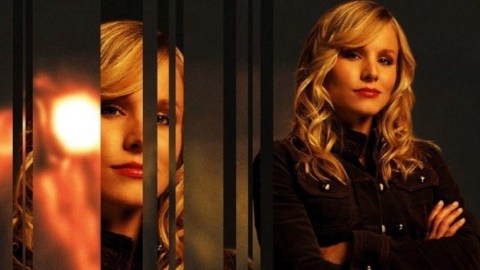Is the Celeb Endorsement Gold?

In my debut column last week, I discussed how the financing landscape is radically changing through crowdfunding. Naturally, everyone is catching onto this phenomenon, including celebrities. But now that Zach Braff, Spike Lee, and Rob Thomas (that Veronica Mars guy) have kickstarted their dreams into the millions, it has been said, in many ways, that celebrities are ruining Kickstarter. It’s not just the press; influential figures in the industry are angry too. Dana Brunetti, the producer behind the Social Network and Netflix’s House of Cards, said that these celebrities “already have access” and are taking opportunities “away from the little guys” who readily need the financing.
But is this true? Well, not technically.
In the first year of Kickstarter (just back in 2009), founder Perry Chen said that Kickstarter was (and is), “Not an investment, lending or a charity. It’s something else in the middle: A sustainable marketplace where people exchange goods for services or some other benefit and receive some value.”
By 2012 as word got out about the platform and more high profile figures and celebrities began launching their projects on the site, the Kickstarter community expressed their concerns and frustrations. Kickstarter responded with a justified point: “When a new project launches, the first thing its creators do (if they hope to be successful) is promote it to their friends and fans. This starts a ripple effect of promotion… Projects aren’t fighting over a finite pool of Kickstarter dollars or backers. One project’s backer isn’t another project’s loss. The backers that one project brings often end up backing other projects as well. Each project is not only promoting itself, but the Kickstarter ecosystem as a whole.”
This isn’t new news—this was an issue two years ago—but it does need to be reiterated. Because as the word continues to spread and crowdfunding grows (the said ripple effect is beginning to turn into a tidal wave) more celebrities are going to catch on. And why shouldn’t they…? Through crowdfunding celebrities (and all other artists) with successful projects get cash in a truncated period of time, usually pick up a good amount of press and buzz, and walk away with this cash without losing creative control.
What I have noticed is that some celebrities are endorsed for crowdfunding while others suffer backlash. For example: the Veronica Mars campaign received positive feedback, while Spike Lee’s…not so much. The Kickstarter campaign I am producing for Neil Young has not only surpassed its goal by 618%, but it’s received tons of positive feedback from press and eager and grateful backers. What did we do right? We honed our message; we pinpointed our needs, our hopes. We exemplified how our mission is all out of passion; that it’s artist driven, and community based. We were also honest. Unveiling our product through Kickstarter served as a market tester as many investors were hesitant about being involved in a somewhat complicated product.
If a celebrity does it right, it can be gold. Same goes for the rest of us. When you crowdfund, you are online for the whole world to see: your project, your story, and your brand are all public. Everyone included.





